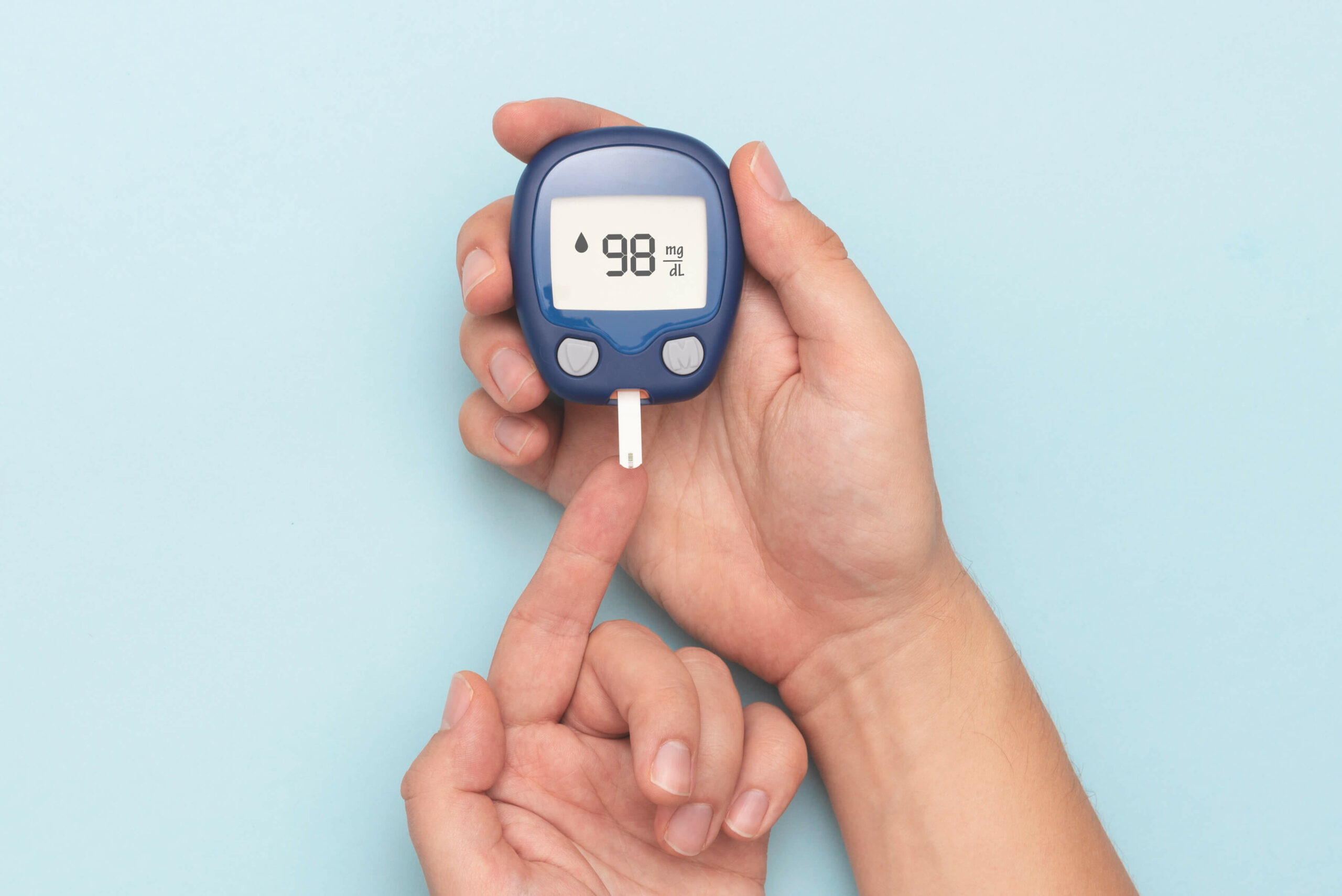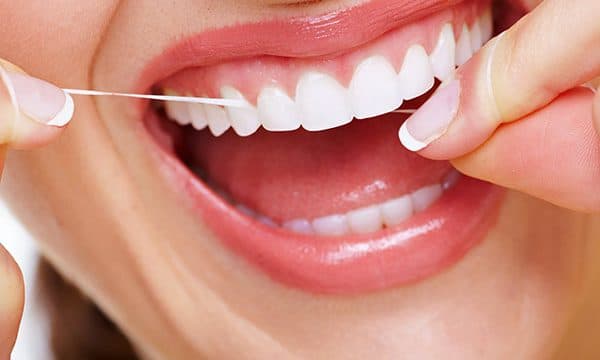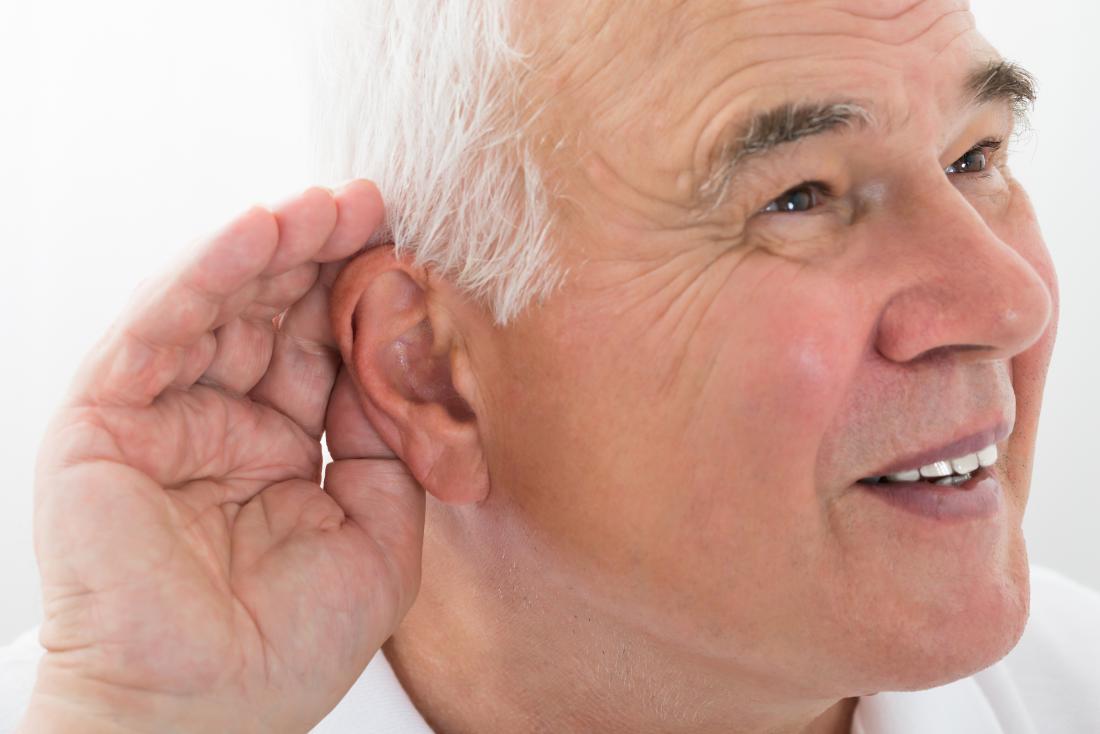What is Dietary Supplements?
Introducing our hearing supplements, meticulously formulated to support auditory health and maintain optimal hearing function! Our supplements are enriched with key nutrients like magnesium, zinc, and vitamin B12, essential for preserving healthy hearing. Additionally, antioxidants such as vitamin C and E help protect against oxidative damage, a common contributor to age-related hearing loss. With consistent use, our hearing supplements can help support overall auditory wellness and preserve your ability to hear clearly. Take proactive steps to care for your hearing with our premium supplements today!
Why aren’t dietary supplements watched more closely?
Well, the FDA does keep a list of products that might be risky or have bad stuff in them. The ones that cause the most trouble are usually weight loss pills, pills that claim to make you better in bed, and supplements for people who want bigger muscles.
Supplement makers have to follow some rules about what they can and can’t say about their products on the label. But sometimes, they still say things that aren’t entirely true, like claiming their product can make your immune system stronger or cure arthritis, even if there’s not much proof it works. Usually, the FDA only steps in when things get really bad.
Risks of health Supplements:
Before you start taking any dietary supplements, it’s a good idea to talk to a health professional like your doctor, nurse, dietitian, or pharmacist. They can help you understand the benefits and risks.
Some supplements have powerful ingredients that can affect your body in big ways. They might also interact with medications you’re already taking, mess up lab tests, or cause problems during surgery. Your health professional can help you figure out if a supplement is right for you.
When you’re taking dietary supplements, watch out for any bad reactions or side effects. This could happen if you:
- Take too many supplements at once.
- Mix supplements with your medicines.
- Take more of a supplement than you should.
- Use supplements instead of medicine.
If you have a bad reaction to a supplement, stop using it right away and talk to a doctor. And if something serious happens, like you get sick, seek medical help and let the FDA know about it.
Do Health supplements work?
The question of whether dietary supplements really work is a bit tricky. Some studies say they do what they’re supposed to, but others say they don’t.
For example, there’s no proof that ginkgo biloba, an herbal supplement, helps with memory loss, even though lots of people use it for that. And even though some experts think fish oil is good for your heart, not all studies agree.
Even though the FDA watches over dietary supplements, they don’t make sure they work before they’re sold. That means the claims on the label don’t have to be checked before people can buy them.
However, some studies have found good things about certain supplements:
- Pregnant women who take iron every day are less likely to get anemia.
- Folic acid, which is in some supplements, lowers the chances of babies having certain birth defects.
- Fiber supplements can help with constipation and lower cholesterol levels.
So, while there’s still a lot we don’t know, some supplements might be helpful for some people.








